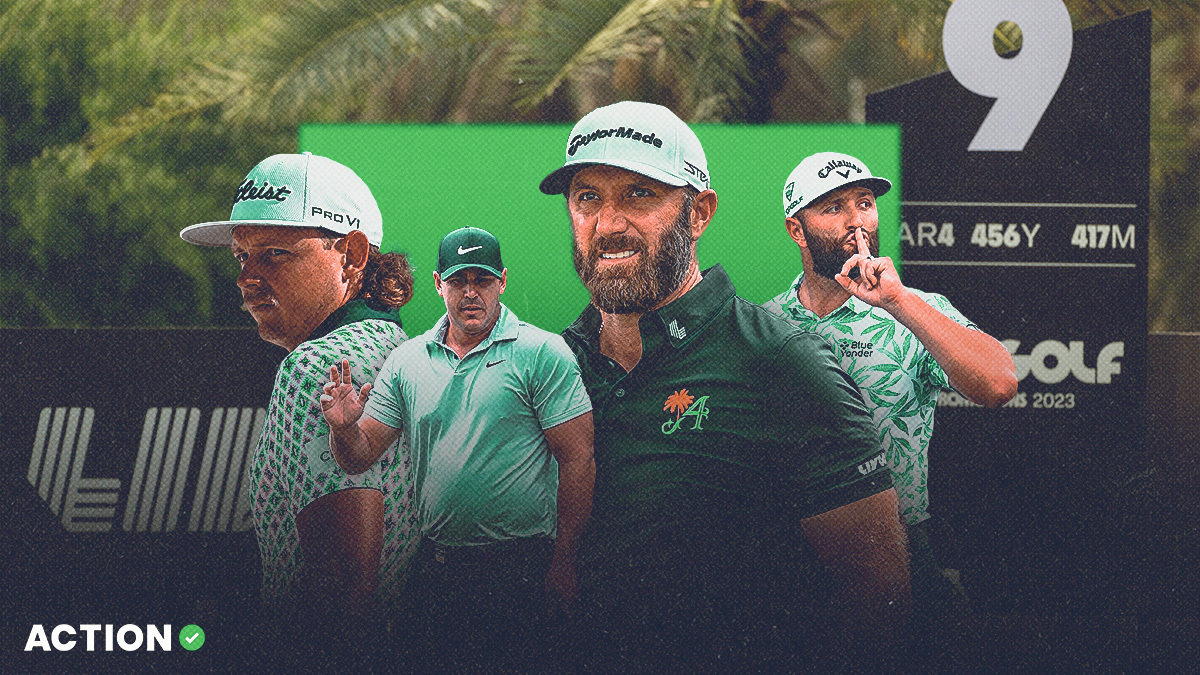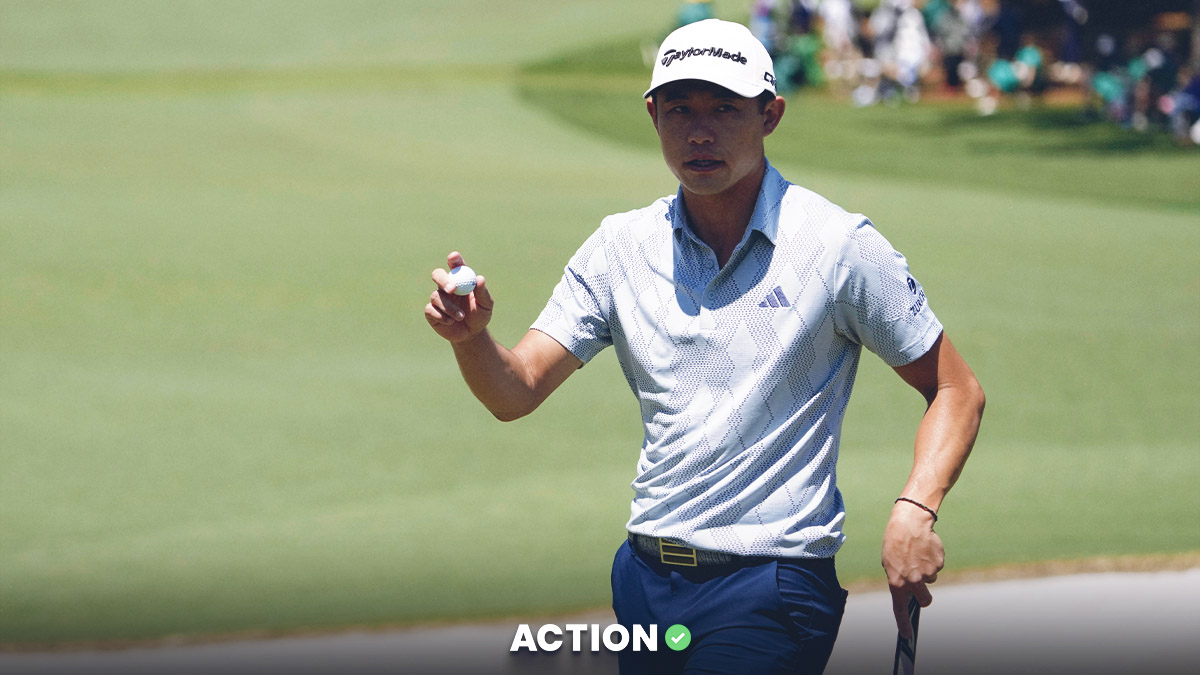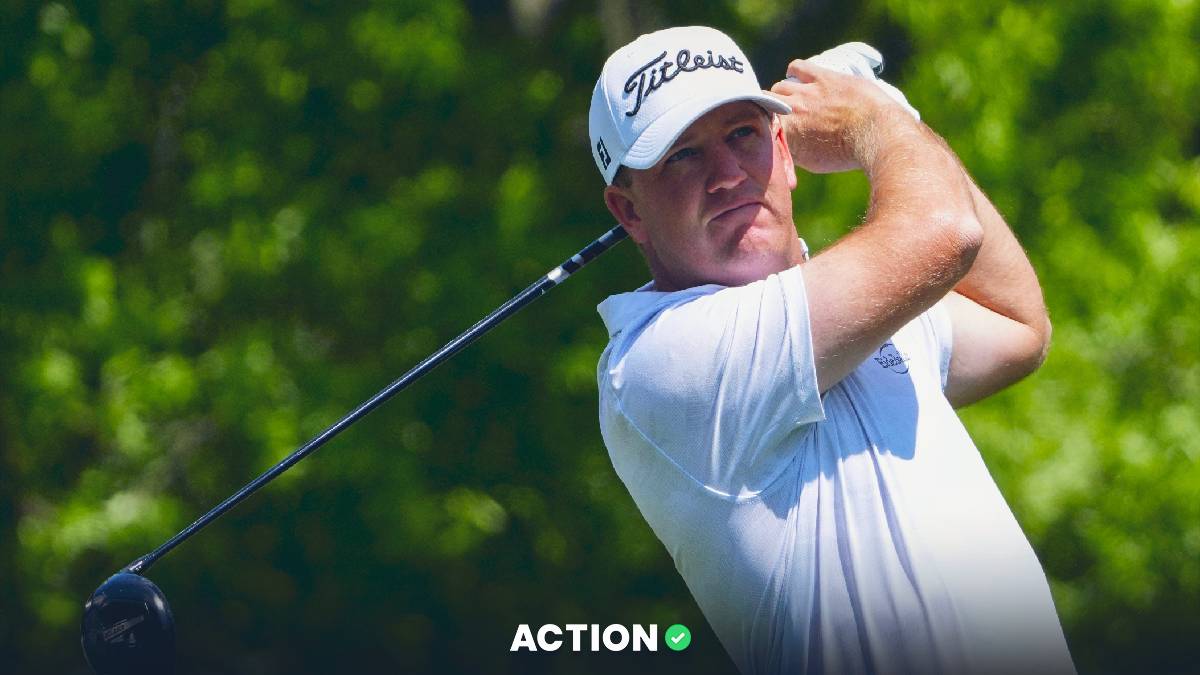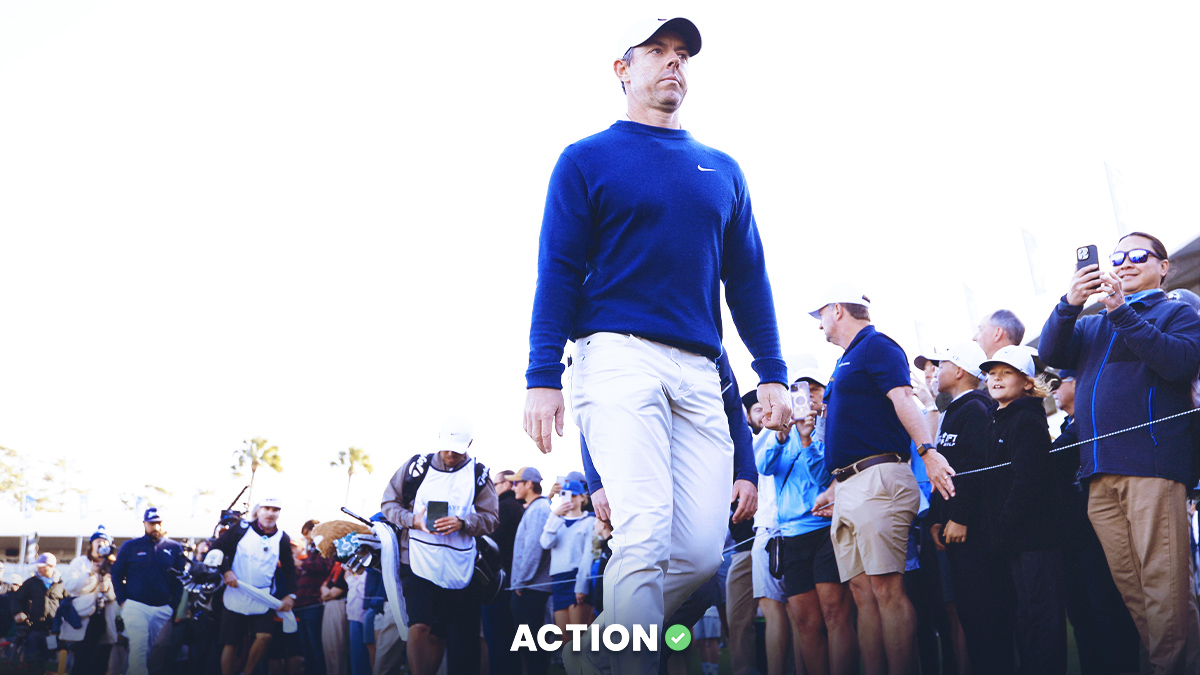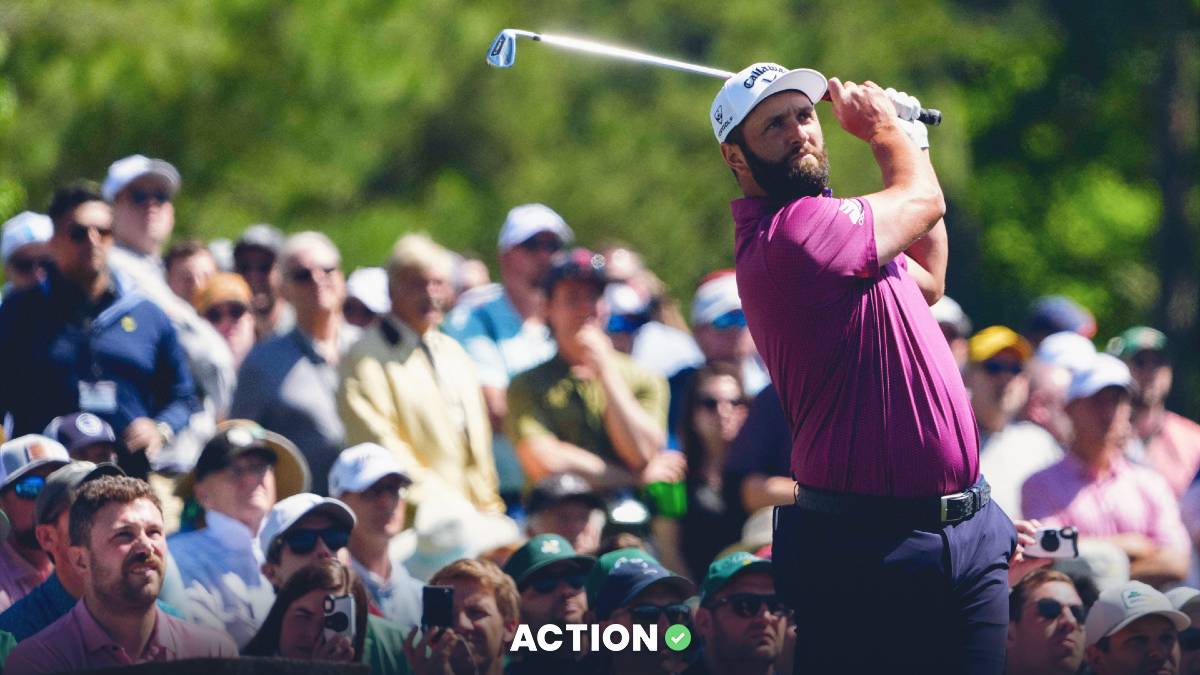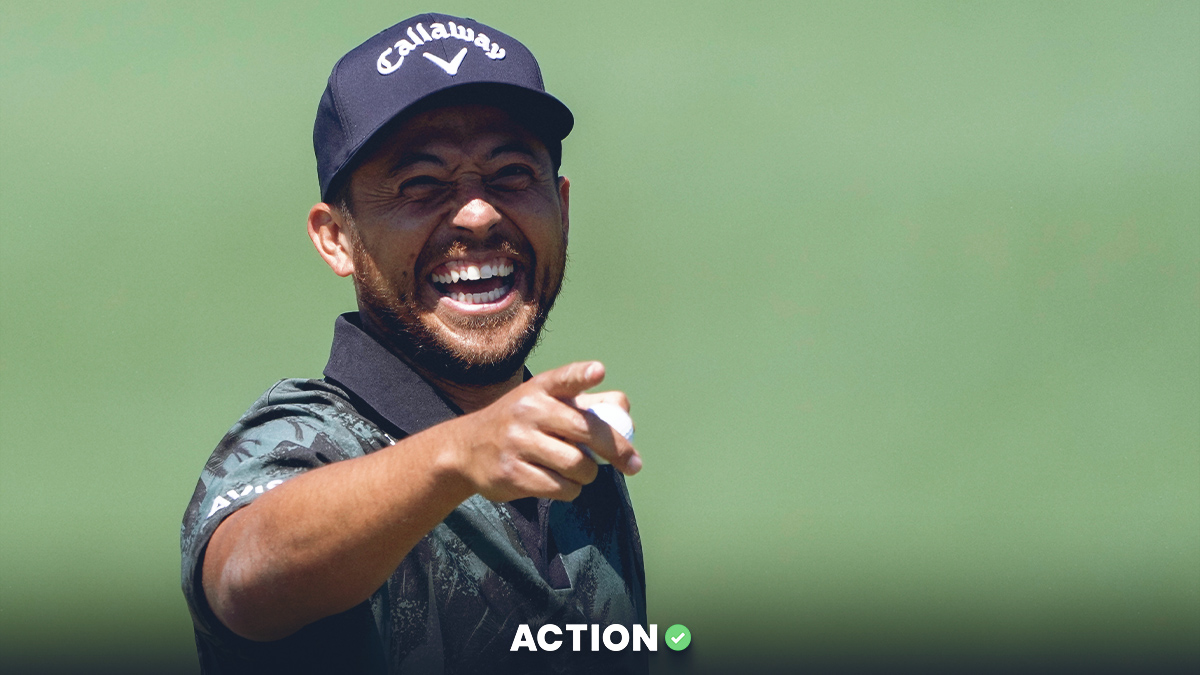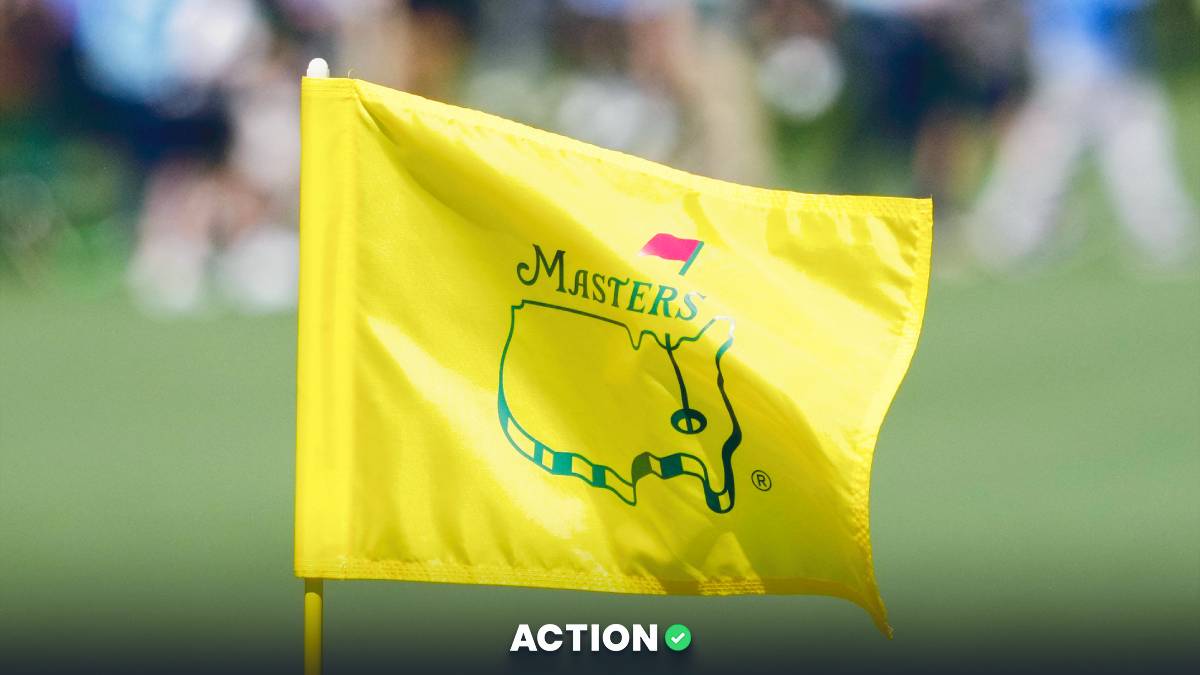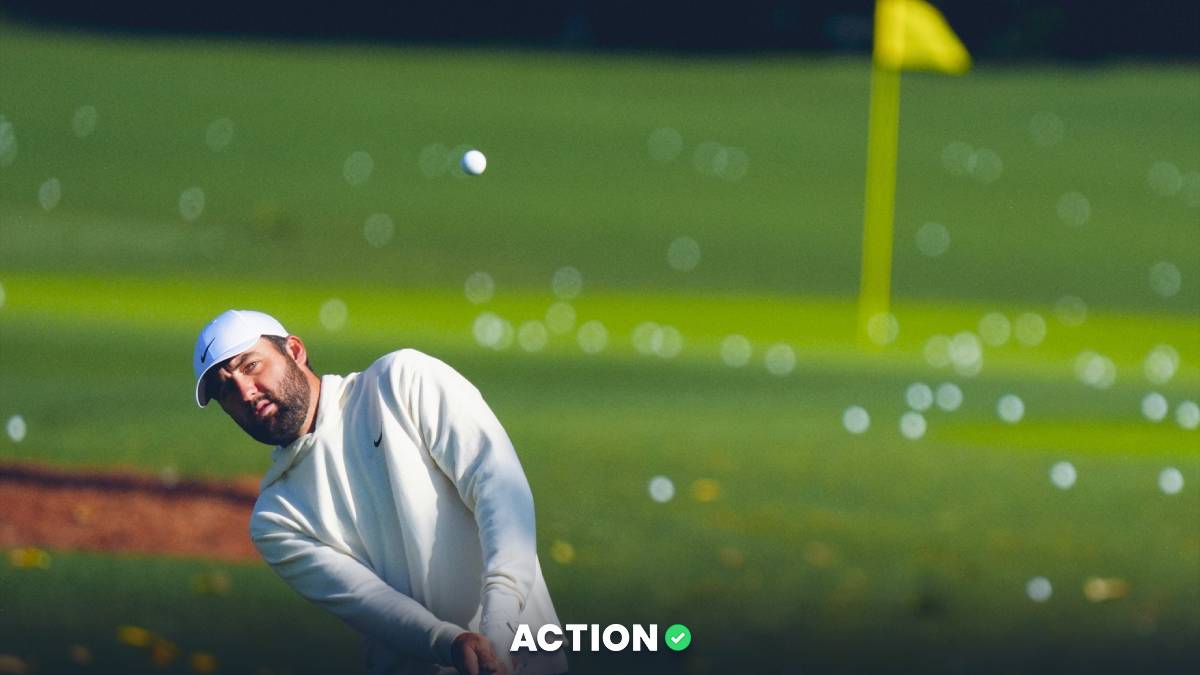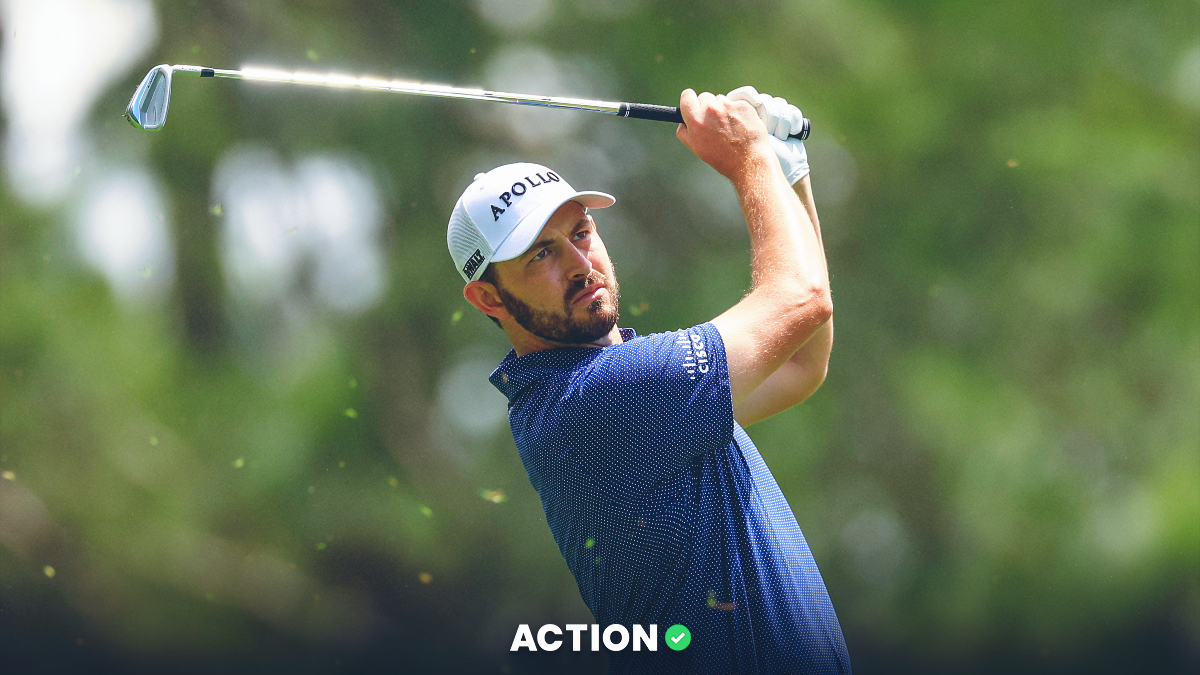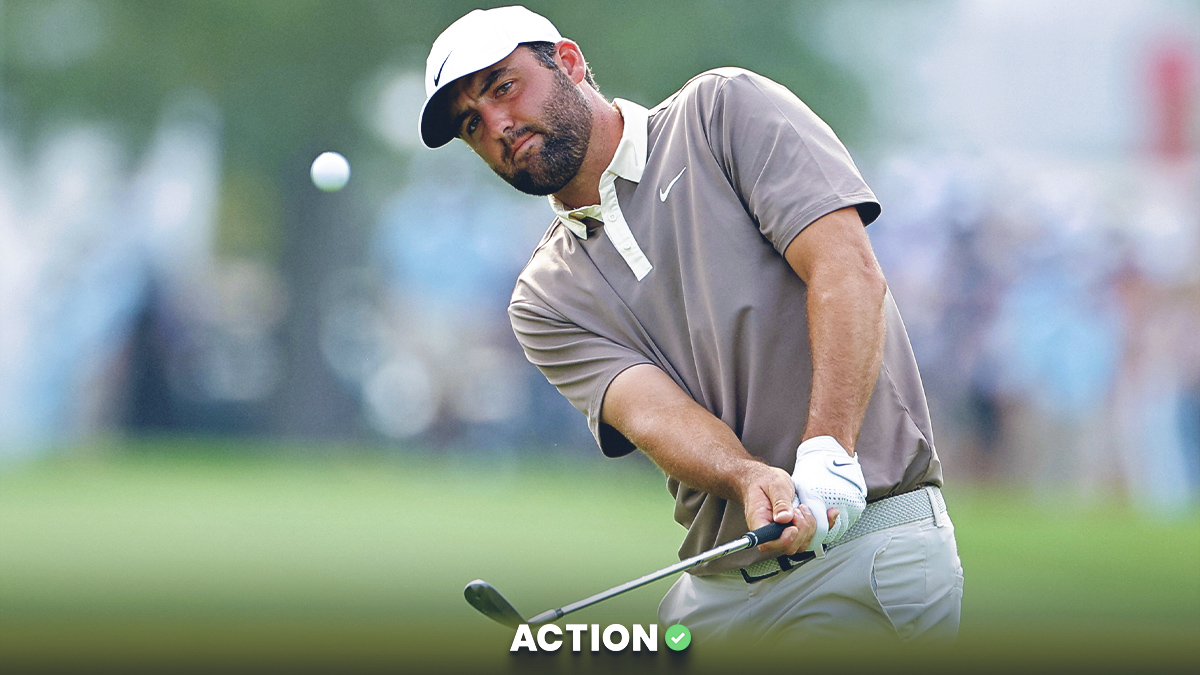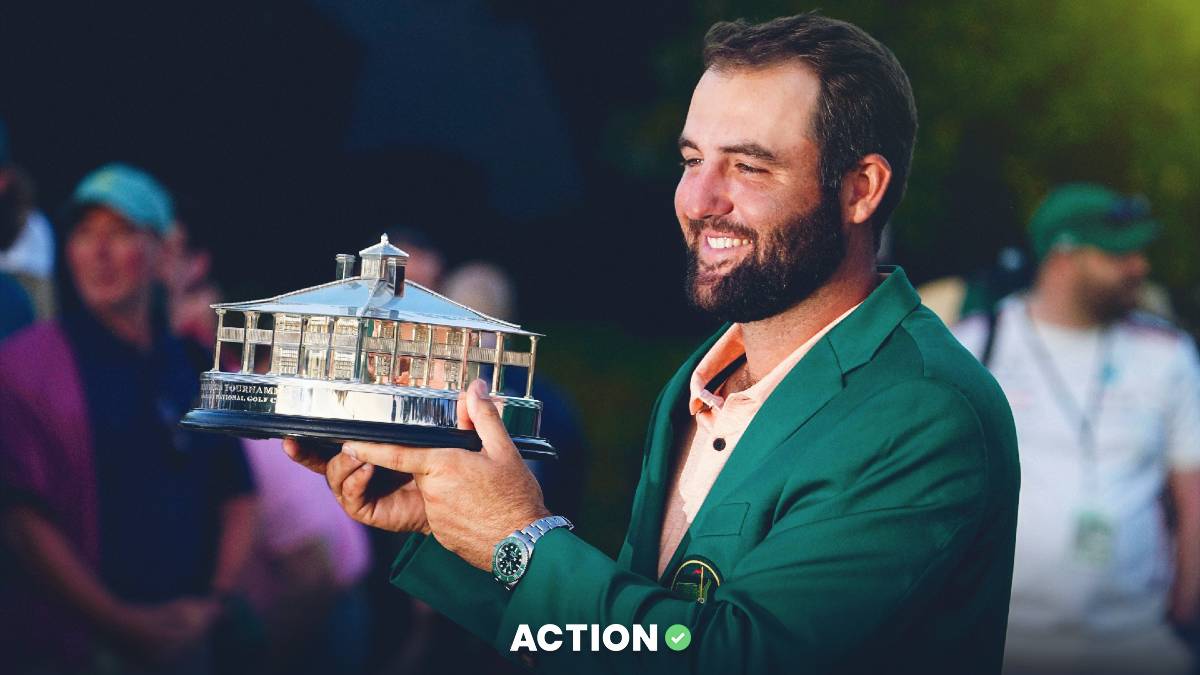If you’ve come here seeking some sort of dissertation on the current state of professional golf, you’ll have to click here instead.
In this piece, I won’t again address the gradual exodus of players leaving the PGA Tour for LIV Golf or what it means for both leagues in the short-term future or whether some sort of deal could mitigate the animosity and broker peace between them.
Let’s discuss something we can all universally support – betting on 'em.
In particular, let’s dive into betting on LIV Golf events, which haven't exactly caught fire during the tour’s first two years.
According to Jeff Sherman, vice president of risk and golf oddsmaker at SuperBook Sports, LIV tournaments generally receive about 20 percent of the handle as an average PGA Tour event. In fact, that book received exactly one ticket – that’s right, fewer than two and just slightly above zero – for the season-ending team tourney at Trump National Doral.
For a league to launch in today’s sports gaming climate and not cater to bettors is mystifying at best and theoretically negligent, as we���ve already witnessed the fan attraction that comes with a personal investment in the product. This isn’t some blind or biased criticism of the league, either.
There’s a reason why we study the University of Hawaii’s defensive scheme and have multiple group text threads about professional darts.
Perhaps this falls in line with the business strategy of LIV, which still appears more focused on disruption than growing a fanbase, but even the most cynical observers can understand the necessity to build.
In short: If they’re going to spend a few hundred million dollars on Jon Rahm, they probably want more people to watch the events, too.
That will undoubtedly happen, as LIV continues signing big-time stars, with a roster which now includes three of the last five major champions. What might not happen are better betting opportunities, though it’s hard to believe the league isn’t still in beta testing and could be amenable to certain alterations moving forward.
What could those entail? Let’s dive into some changes which could help from a gambling perspective.
Do Away with the Final-Round Shotgun
I’ll admit: I actually like the idea of a shotgun start during the first few rounds, especially for spectators. Instead of competitive play from sunrise to sundown, it’s over in a cool five hours or fewer.
Get in. Get out. Go party at a Chainsmokers concert.
Now, I’m not so sure that Rahm’s claim about the lack of a potential in-round weather bias stands as one of the genuine reasons to make the leap to LIV, but nonstop action on the entirety of the course isn’t a bad idea.
I don’t, however, think it works for the final round.
As Sherman told me, he never once has offered live odds for a LIV event, which falls in line with just about every other book as well.
Undoubtedly, one of the reasons is the incongruent format. A 36-hole leader who started on the first hole could be one stroke up in the final round with four to play, but one of his pursuers might have four completely different holes remaining – say, a pair of par-5s where birdies are more possible – making it difficult for any oddsmaker to handicap, let alone the betting public.
Employing a more traditional final-round format would enable live betting opportunities that aren’t currently available, which should in turn create greater interest, which leads to more eyeballs on the product, especially during the most dramatic moments on Sunday afternoons.
Offer In-Round Breaks
For a league which prides itself on disruption, the outside-the-box ideas generally end at music, shorts and shotgun starts.
Here’s another which would promote live betting opportunities: A five-minute timeout every six holes.
If I’m in charge, I’d lean into the gambling aspect so hard that I would have reporters discussing live odds with players and have them assess their chances in the middle of the round. If the idea is to be different from the PGA Tour, then be aggressively different and try some new ideas.
Think about it: Rahm is tied with Brooks Koepka with six holes to play. A reporter informs them that Rahm is a -120 favorite, and Koepka is +135.
Do you think that might get the salty Brooks a little motivated to finish strong? As a bettor, when he looks into the camera and declares that he’s going to win, won’t you want to back him at plus-money?
It’s an idea which sounds preposterous for the PGA Tour, but LIV should prey on ideas that its rival would never implement.
Align with a Sportsbook or Two
The PGA Tour currently has partnerships with five official betting operators. These books always have odds posted early in the week, they will promote these odds throughout their content, and the books list updated odds quickly during and after each round.
If LIV Golf wants the same type of coverage, there’s an easy way to accomplish that: Pay for it.
As you might have noticed over the past few years, LIV isn’t afraid to spend a little cash. Aligning with a sportsbook (or multiple sportsbooks) would be beneficial in everything from having odds more visible in a book to using the betting lines as content throughout the broadcasts.
It took the PGA Tour years to crawl into betting, and it’s still not completely there – as I like to say, they’ve put themselves in the middle of the ocean and still only want to dip a toe in the water. It shouldn’t take LIV as long to lean into this, and forging a relationship with a book could be the first step.
Check out the latest bet365 bonus code offer before placing your bets on the PGA Tour or LIV Golf.
Encourage Side Action
If you thought the first three ideas were a little over the top, you’re probably not going to be on board with this one, but it would honestly be the best way to draw attention to the proceedings.
Let your players bet against each other.
No, don’t just let them – push them to do it. Hell, even give each player some money every week that is specifically earmarked for side action on the course. They could even keep a side-action tally throughout the season, offering an award/reward for the player deemed the “best bettor” throughout an entire season of competition.
It might sound silly, and it might sound too untraditional for the purists, but when Phil Mickelson offers $10,000 to Bryson DeChambeau that he can outdrive him on a par-5, you know you’re not changing the channel anytime soon.
For a young league which has the player infrastructure and clearly isn’t afraid to try new things, the next step is growing the product amongst the masses. There’s little doubt that this would help.


